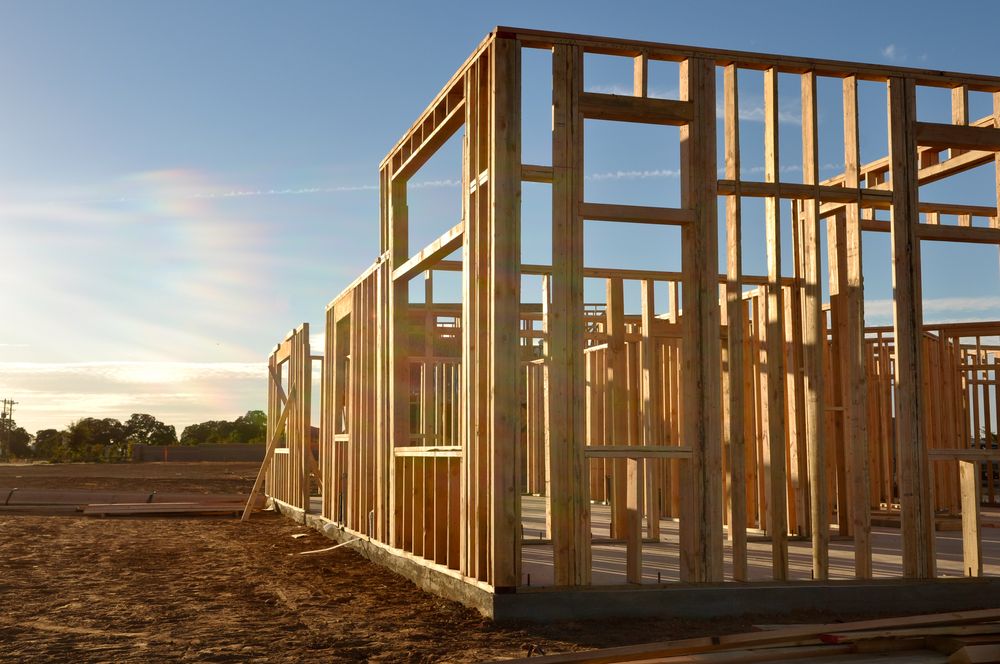Californians consider moving due to rising housing costs, poll finds
 A majority of voters in California have considered moving due to rising housing costs, according to new findings from the Berkeley Institute of Governmental Studies, with 1 in 4 saying that if they moved it would be out of the state for good.
A majority of voters in California have considered moving due to rising housing costs, according to new findings from the Berkeley Institute of Governmental Studies, with 1 in 4 saying that if they moved it would be out of the state for good.
It’s just the latest piece of evidence on the state’s housing crisis, as residents confront a shrinking supply of homes and rising costs, leading many to wonder if they’d be better off elsewhere.
“When you then ask them where they would relocate, they’re often throwing up their hands,” poll director Mark DiCamillo said, according to the LA Weekly. “Millennials seem to be the most likely to say they’d consider leaving.”
The uneasiness about the market appears most dramatically in the Bay Area, where 65 percent of those polled said they’re facing an “extremely serious” housing affordability problem.
But even in Los Angeles and San Diego, 59 percent and 51 percent, respectively, have considered re-locating over housing affordability issues.
The IGS poll sampled 1,200 registered California voters from late August through early September.
In Los Angeles specifically, a recent analysis found that a person needs to earn over $109,000 per year to afford a two-bedroom apartment in the city, with the assumption that renters are spending 30 percent or less of their income on housing.
Across the entire state, the median rent for a one-bedroom apartment is $1,750 and a two-bedroom averages $2,110.
“These are very dramatic findings,” DiCamillo added, according to the Mercury News. “In every region of California, the rising cost of housing has crept into the consciousness of voters.”
The median price of a single-family home rose around 7 percent year-over-year to $565,330 in California this past August – and in Santa Clara County, the heart of Silicon Valley, the median price jumped a shocking 17.9 percent year-over-year to $1,150,000.
The state Legislature is taking notice, passing 15 bills this month relating to housing affordability, seeking to increase the pace at which housing construction takes place.
For example, Senate Bill 2 and Senate Bill 3 provide new funding for low-income housing, while SB35 attempts to streamline the approval process for construction in municipalities that fall behind Sacramento’s housing goals.
While California boasts some of the highest earners, it also has the nation’s highest poverty rate when housing costs are factored in, resulting in a heightened sense of urgency in a state that has some of the biggest regulatory hurdles for new home building.
Related Articles
Thousands of California inmates could go free
Nearly 10,000 inmates could leave California prisons within four years, another consequence of the state’s long struggle with the judicial
Is federal intervention the only way to build a Delta tunnel?
Like the 1930’s state water plan, California is stymied in its plan to re-engineer the Sacramento Delta for a
When is too much enough? A look at schools, money and taxpayers
A proposed $9 billion state bond for school construction projects includes multimillion-dollar project requests from districts where student enrollment has




